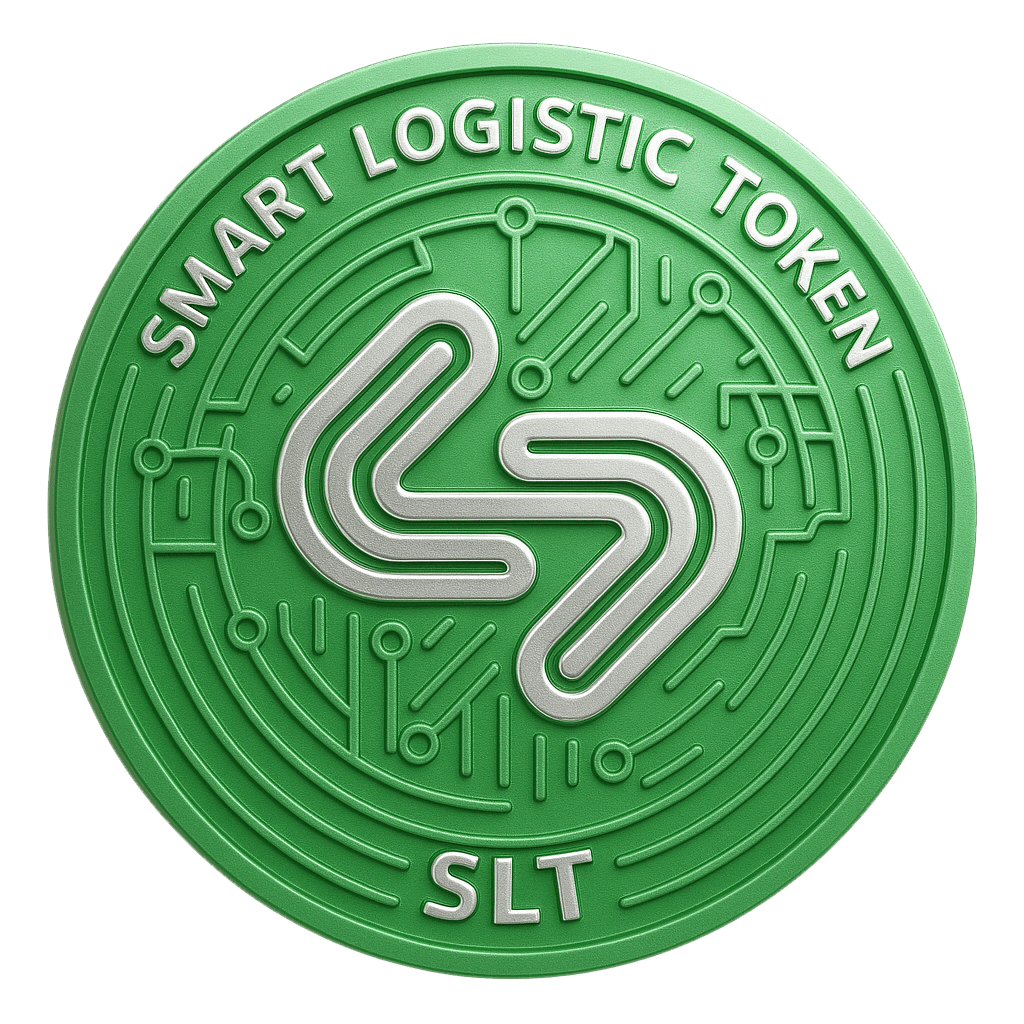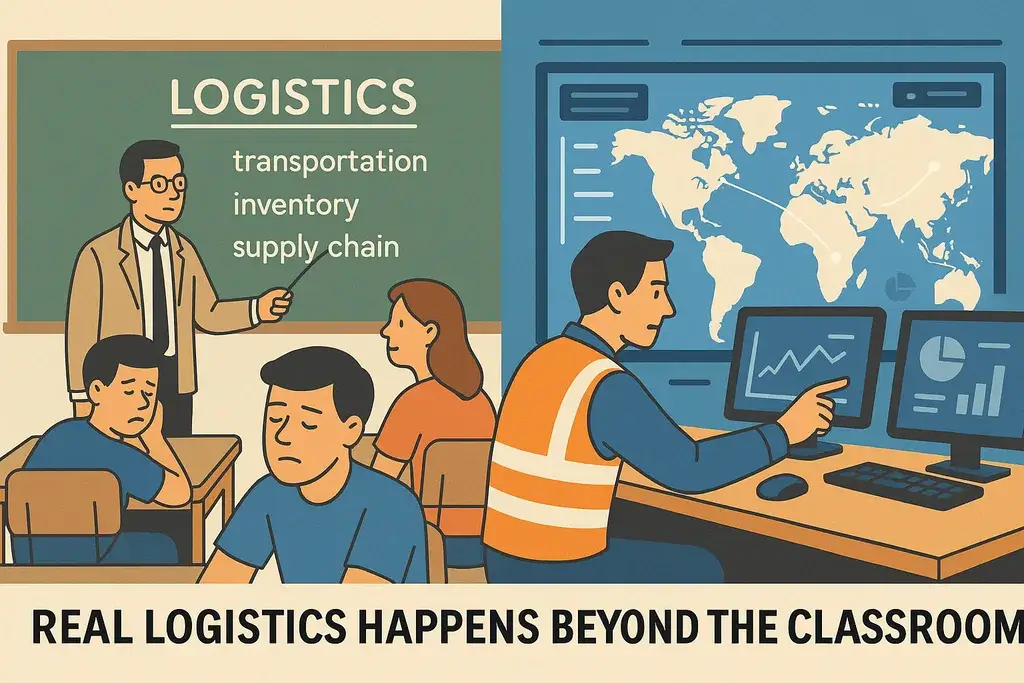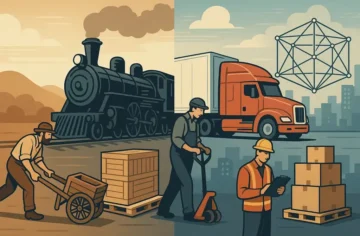Introduction
Logistics education equips professionals with essential knowledge in transportation, inventory management, and supply chain fundamentals. However, the dynamic nature of the logistics industry means that certain critical skills and insights are often acquired only through real-world experience. This article delves into the often-overlooked lessons that, while not typically covered in academic settings, are vital for success in the logistics field.
1. The Art of Strategic Patience
In the fast-paced world of logistics, there's a tendency to prioritize immediate results. Yet, seasoned professionals understand the importance of strategic patience. As highlighted by John Mau, Director of Operations & Supply Chain Strategy at Ocean Spray, establishing a supply chain management (SCM) strategy function is crucial. This function helps set key priorities, provides visibility into functional interdependencies, and connects corporate strategy to cross-functional initiatives. Embracing a "go slow to go fast" approach can lead to more sustainable and effective transformations.
2. Navigating the Human Element
While logistics heavily relies on systems and processes, the human component remains paramount. Effective communication, negotiation, and relationship-building skills are indispensable. These soft skills often determine the success of collaborations with suppliers, clients, and internal teams. Recognizing and addressing the human dynamics within logistics operations can lead to more cohesive and efficient workflows.
3. Embracing Flexibility and Adaptability
Recent global disruptions have underscored the necessity for flexibility in supply chain management. Traditional, rigid supply chains struggled to adapt to sudden changes, whereas those with built-in flexibility thrived. Investing in dynamic planning tools, maintaining diverse supplier networks, and fostering strong relationships with adaptable logistics partners are strategies that enhance resilience.
4. The Importance of Continuous Learning
The logistics landscape is continually evolving, with technological advancements and shifting market demands. Professionals must commit to lifelong learning, staying updated with industry trends, and acquiring new skills. Engaging in workshops, certifications, and industry conferences can provide fresh perspectives and innovative solutions to emerging challenges.
5. Understanding the Bigger Picture
Logistics doesn't operate in a vacuum. External factors such as geopolitical events, economic shifts, and environmental concerns can significantly impact operations. A comprehensive understanding of these broader influences enables logistics professionals to anticipate disruptions and develop proactive strategies.
Conclusion
While formal education lays the groundwork for a career in logistics, the nuances of the profession are often learned on the job. By acknowledging and addressing these often-overlooked aspects, logistics professionals can enhance their effectiveness and drive meaningful improvements in their operations.





